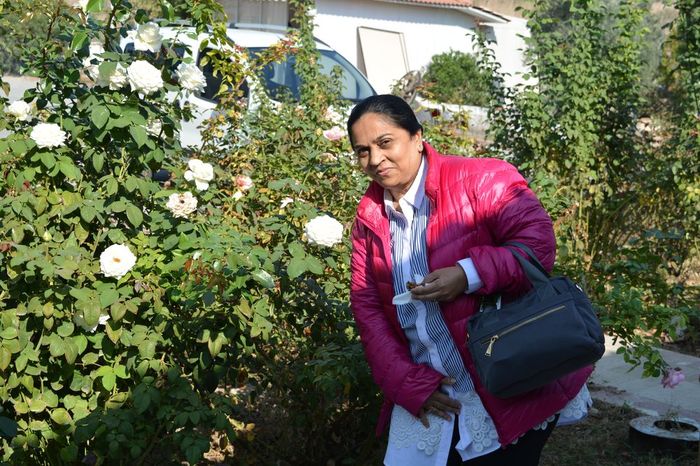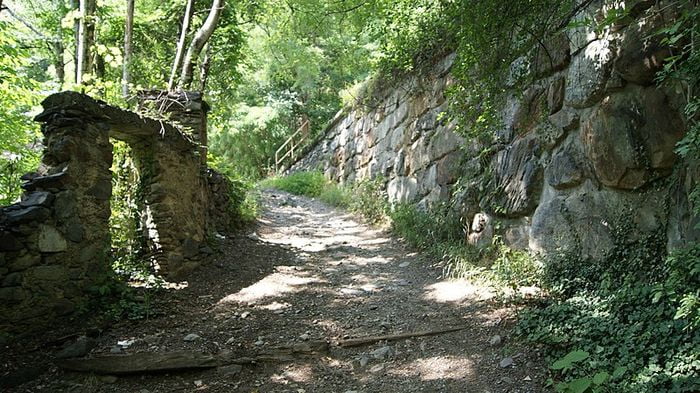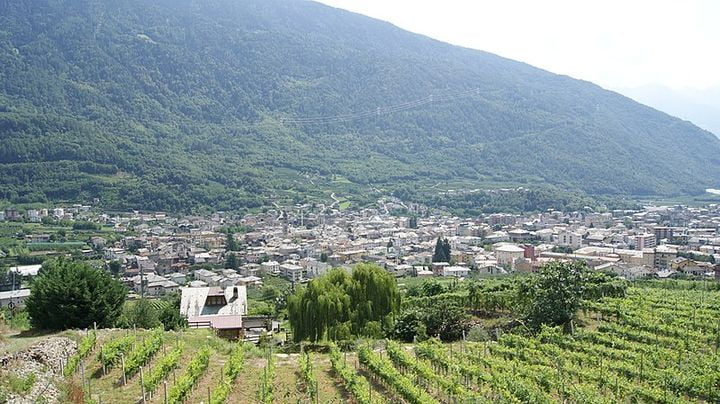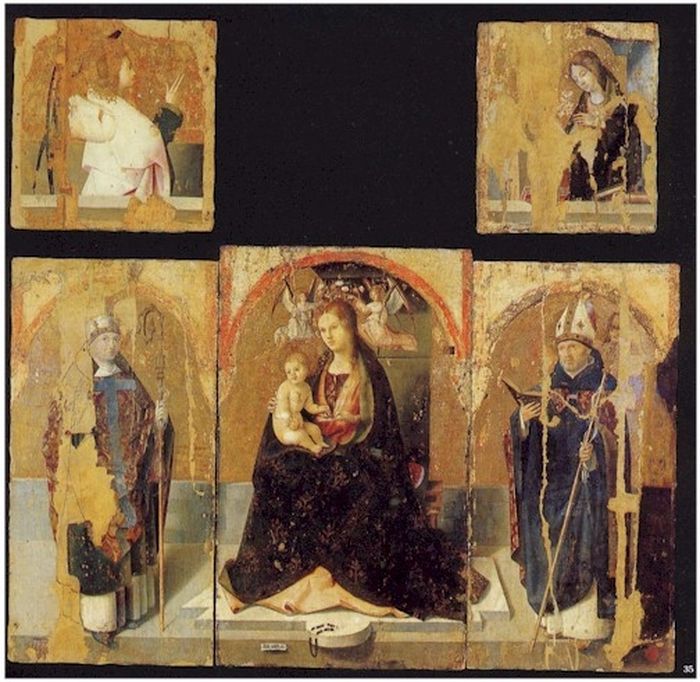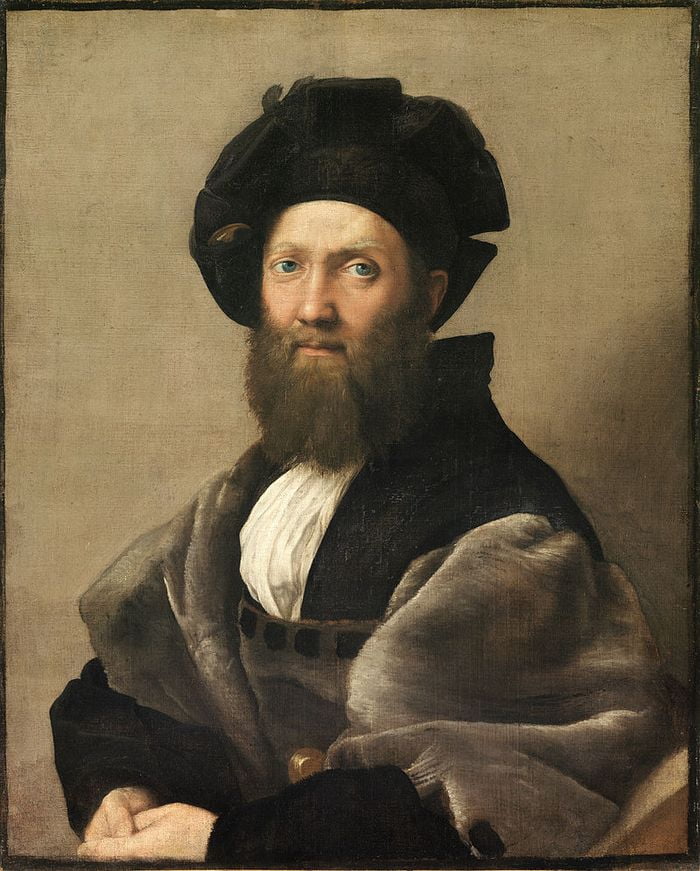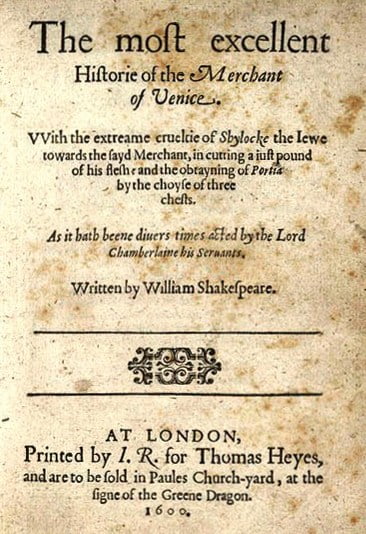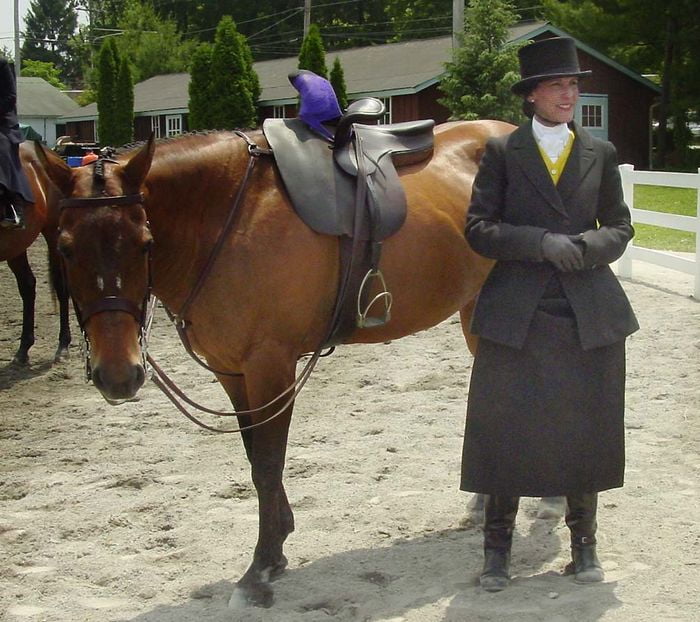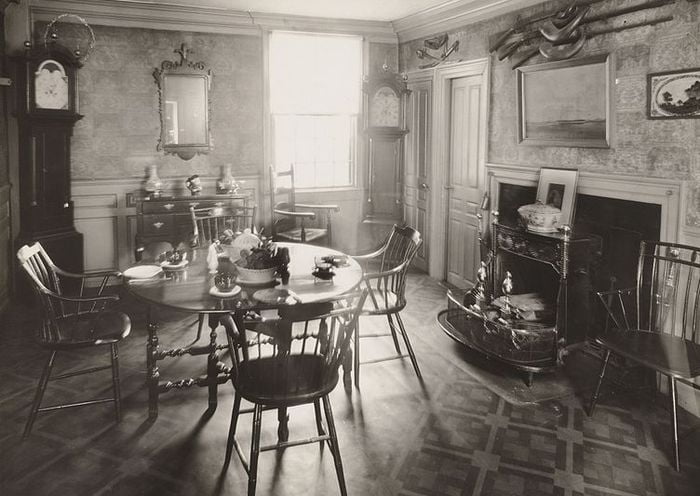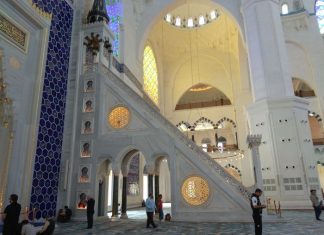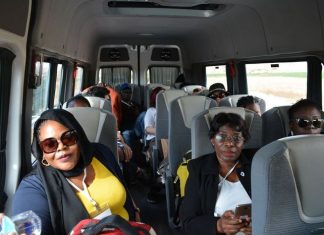Alexius Part 3
Certainly the most effective of his methods for conciliating Tutach was, speaking broadly, a kind of offering the right hand of friendship; his words...
Alexius Part 2
Although many were entrusted with the war against him, men of high reputation for bravery and of very great knowledge of war and fighting,...
Alexius Part 1
From Alexius’ youth to the last months of Botaniates’ Reign
I the Emperor Alexius, who was also my father, had been of great service to...
The Divided Horsecloth part 3
Bernier
(12th or 13th Century, a.d.)
Nothing is known of the author of this story except his name, which is signed on the MS. The Divided...
The Cavalier of Toledo part 5
I have heard the whole of your generous conduct from the lips of the Count, and if nobility of mind and the best qualities...
The Cavalier of Toledo part 4
Having despatched his answer by the same discreet little mesenger, he awaited in much fear and anxiety the result of the strange circumstances in...
The Cavalier of Toledo part 3
Unable longer to contend with the variety of emotions which shook her bosom and hourly preyed upon her life, she resolved, with the impulse...
The Cavalier of Toledo part 2
The campaign being concluded with great honor and advantage on the part of the French, with the aid of the young and enterprising Castilian,...
The Cavalier of Toledo part 1
Masuccio (Guardato) (Flourished latter half of 15th Century)
Masuccio was born at Salerno, of noble parentage. He was a resident at the Court of Naples,...
The Divided Horsecloth part 8
“Fair, sweet son, my heart trembles within me, so greatly do I dread the cold. Give me, then, the cloth you spread upon your...


